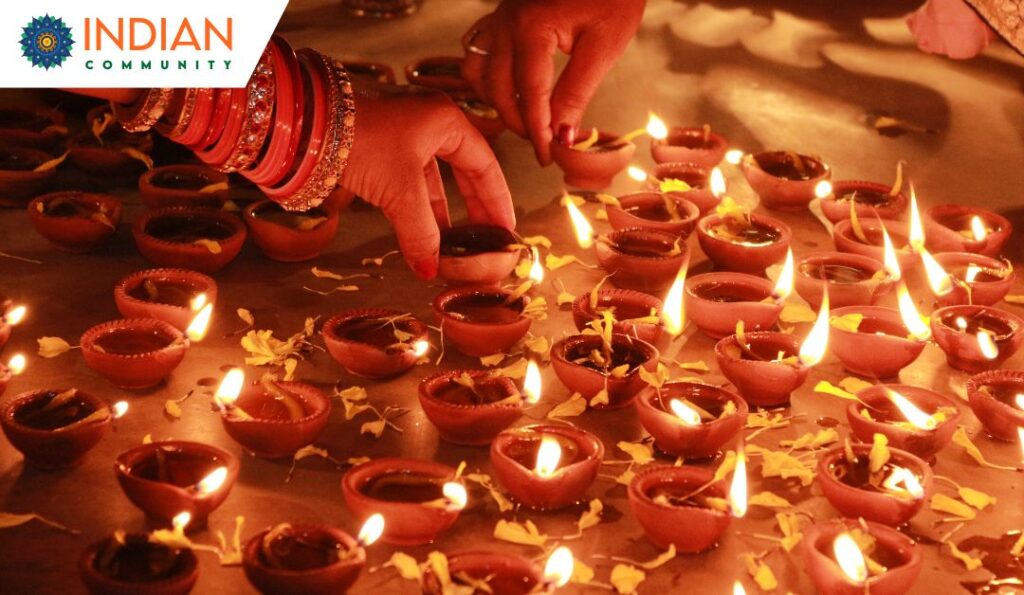Diwali, also known as the Festival of Lights, is one of the most significant and widely celebrated festivals in India. It marks the victory of light over darkness, knowledge over ignorance, and good over evil. Celebrated across five days, Diwali is filled with rituals, prayers, and joyous gatherings. This guide provides a step-by-step procedure to help you celebrate Diwali with all its traditional fervor and spirit.
Day 1: Dhanteras
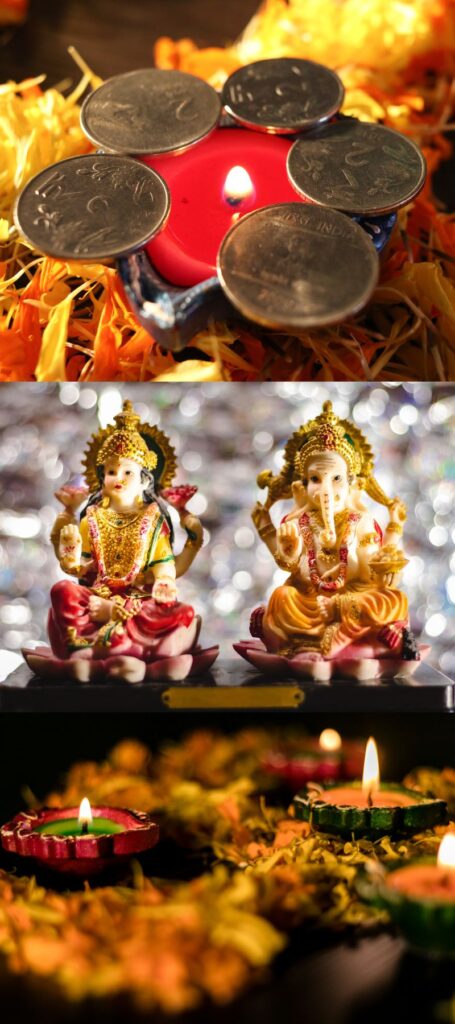
1. Clean and Decorate the Home:
- Begin by thoroughly cleaning your home. It’s believed that Goddess Lakshmi, the goddess of wealth and prosperity, visits clean and well-decorated homes.
- Decorate the entrance with colorful rangoli (intricate designs made with colored powders, rice, or flowers) to welcome guests and divine blessings.
2. Purchase New Items:
- Dhanteras is considered an auspicious day to buy gold, silver, or utensils. Purchasing new items symbolizes wealth and prosperity.
3. Light Diyas:
- In the evening, light earthen lamps (diyas) in and around your home to ward off negative energies and invite positive vibrations.
4. Perform Lakshmi Puja:
- Offer prayers to Goddess Lakshmi by placing her idol along with Lord Ganesha’s. Use flowers, sweets, and coins in the puja (prayer).
- Chant mantras and shlokas dedicated to Goddess Lakshmi to seek her blessings.
Day 2: Naraka Chaturdashi (Choti Diwali)
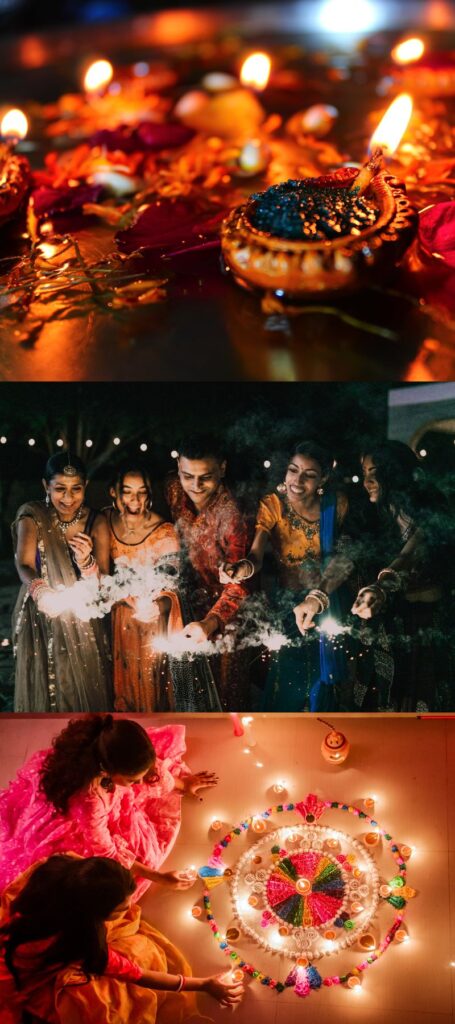
1. Early Morning Rituals:
- Wake up early and take a ritualistic bath with ubtan (a paste made from herbs and fragrant oils). It’s believed that this cleanses both the body and the soul, preparing one for the celebrations.
2. Decoration and Diyas:
- Decorate the house with flowers and more diyas. Some people hang small earthen lamps in a series called a “diya garland” for a more festive look.
3. Preparing Festive Delicacies:
- Prepare traditional sweets and snacks such as laddus, chaklis, and karanji to share with family and friends.
4. Naraka Chaturdashi Puja:
- In the evening, perform a puja dedicated to Lord Krishna, who is believed to have slain the demon Narakasura on this day. Light 14 diyas, representing the souls freed from Narakasura’s captivity.
Day 3: Lakshmi Puja (Main Diwali Day)
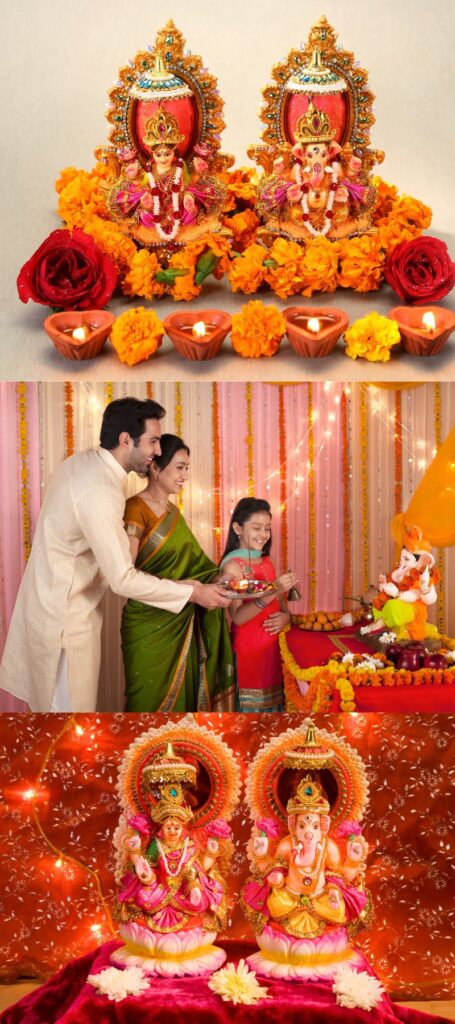
1. Preparations:
- The third day is the most significant, as it is dedicated to Goddess Lakshmi. The entire house should be spotless, as it’s believed the goddess visits only clean and pure homes.
- Create a grand rangoli at the entrance and decorate the puja area with fresh flowers and scented candles.
2. Lakshmi Puja Rituals:
- In the evening, gather the family for the Lakshmi Puja. Place idols of Goddess Lakshmi and Lord Ganesha on a clean, decorated platform.
- Offer flowers, sweets, coconut, betel leaves, and nuts to the deities.
- Recite Lakshmi Chalisa and other sacred texts, and sing aarti to conclude the puja.
3. Lighting Diyas and Fireworks:
- After the puja, light diyas in every corner of the house to dispel darkness. Fireworks are traditionally burst to celebrate the victory of good over evil and to spread joy.
4. Exchange of Gifts and Sweets:
- Exchange gifts and sweets with family, friends, and neighbors as a token of love and goodwill.
Day 4: Govardhan Puja (Annakut)
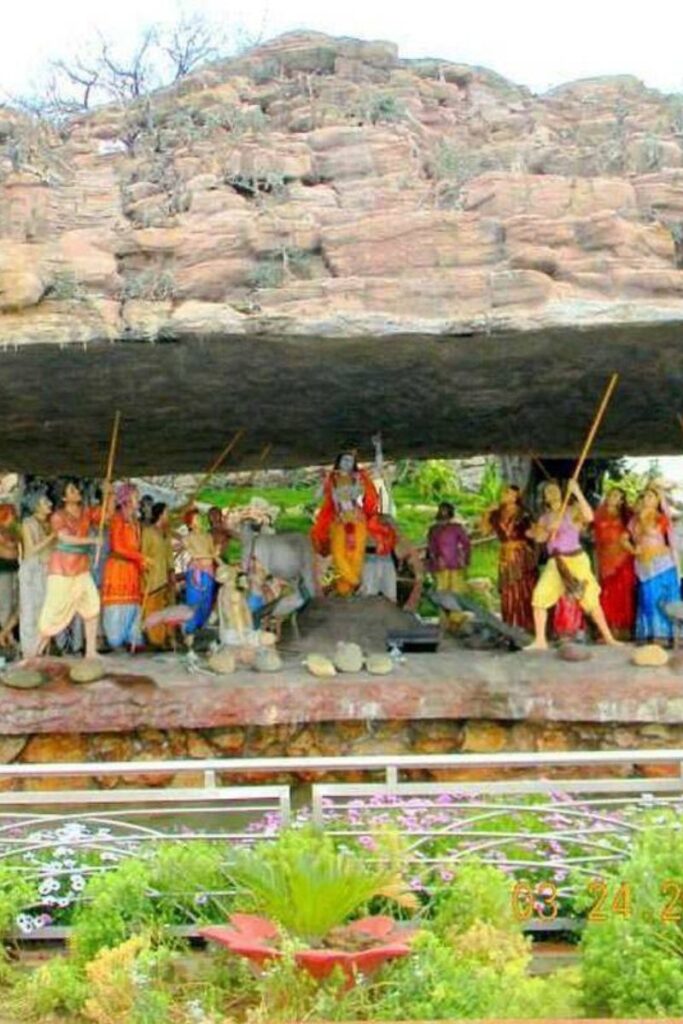
1. Preparing the Feast:
- On this day, prepare a large variety of vegetarian dishes, often called “Annakut,” to offer to Lord Krishna. This tradition commemorates the lifting of Govardhan Hill by Krishna to protect villagers from a storm.
2. Govardhan Puja:
- Perform the Govardhan Puja by arranging the food items in a hill-like formation, symbolizing Govardhan Hill. Chant prayers and sing devotional songs in praise of Krishna.
3. Gudi Padwa and Bali Pratipada:
- In some regions, this day is also celebrated as Gudi Padwa (New Year) or Bali Pratipada, which honors the demon king Bali.
Day 5: Bhai Dooj
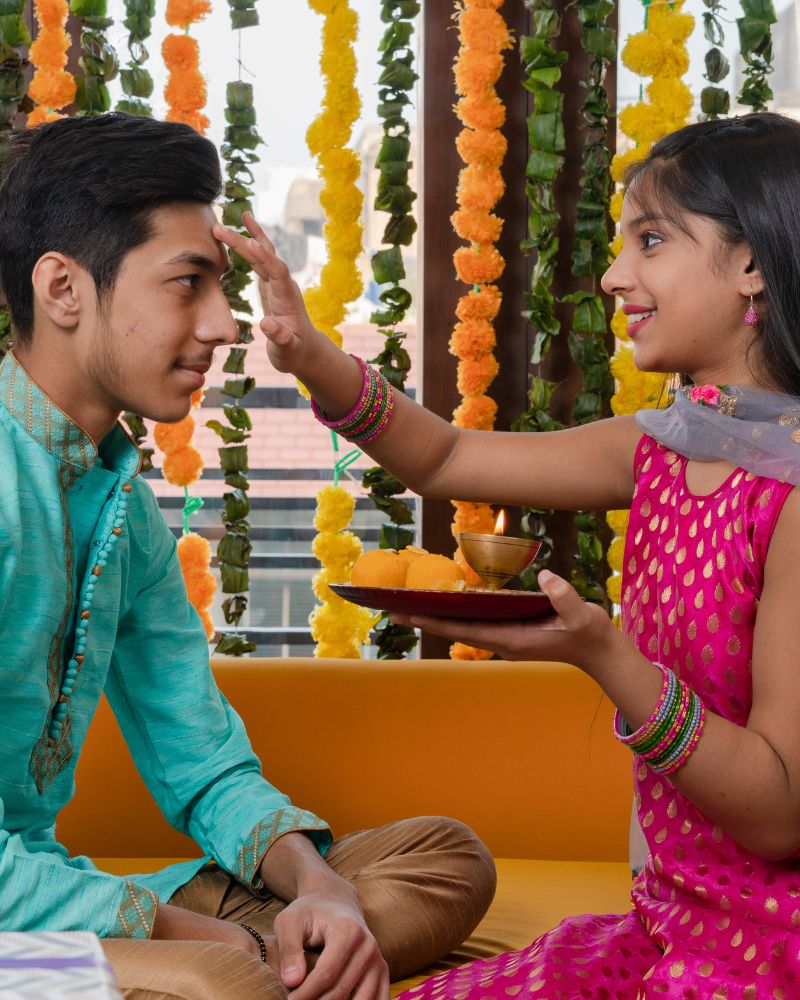
1. Brother-Sister Ritual:
- Bhai Dooj is a celebration of the bond between brothers and sisters. Sisters perform a tilak ceremony by applying a sacred mark on their brother’s forehead and praying for his well-being.
- Brothers, in turn, give gifts to their sisters, pledging to protect them.
2. Family Feast:
- The day usually concludes with a family meal, where everyone gathers to celebrate the warmth of relationships and the spirit of Diwali.
Diwali is more than just a festival; it’s a celebration of traditions, family, and the eternal triumph of good over evil. By following these procedures, you can partake in the ancient rituals that have been passed down through generations, ensuring that the spirit of Diwali continues to shine brightly in your home. Whether you are celebrating with family or friends, Diwali is a time to embrace joy, prosperity, and light.

